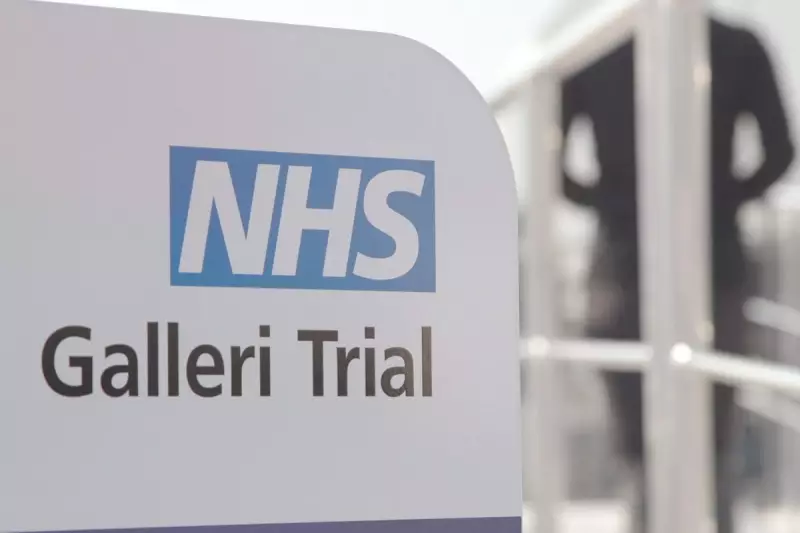
In a move that could revolutionise preventative medicine in Britain, the NHS is exploring plans to integrate DNA sequencing into routine GP appointments. Groundbreaking research from the University of Oxford suggests that genetic testing could soon become as commonplace as blood pressure checks in local doctor's surgeries.
The Future of Personalised Healthcare
This ambitious initiative aims to identify patients' genetic risks for serious conditions years before symptoms appear. The research team at Oxford has been developing streamlined processes that would make genetic sequencing accessible and practical within busy NHS primary care settings.
Professor Sir John Bell, the Regius Professor of Medicine at Oxford University, emphasised the transformative potential: "We're looking at a future where understanding your genetic makeup becomes part of standard healthcare. This isn't science fiction – it's the next logical step in preventative medicine."
How DNA Testing in GP Surgeries Would Work
The proposed system would involve:
- Simple sample collection during routine appointments
- Centralised analysis of genetic data
- Personalised risk assessments for conditions like cancer and heart disease
- Tailored prevention strategies based on genetic predispositions
Addressing the Practical Challenges
While the concept promises significant benefits, researchers acknowledge the substantial challenges. These include managing the vast amounts of data generated, ensuring patient confidentiality, and training healthcare staff to interpret and communicate genetic information effectively.
The Oxford team has been working on creating robust systems that could handle the ethical and practical considerations while maintaining the trust and confidence of patients.
A New Era for NHS Preventative Care
If successfully implemented, this initiative could position the NHS as a world leader in genetic medicine. The approach moves healthcare from reactive treatment to proactive prevention, potentially saving thousands of lives through early intervention.
The research represents a significant step toward personalised medicine becoming mainstream within the UK's healthcare system, marking what could be the biggest advancement in general practice in decades.





